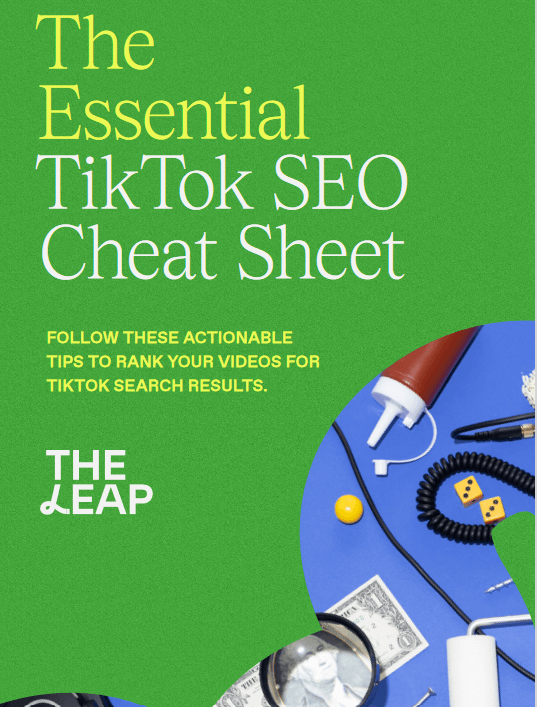TYPES OF CAR INSURANCE IN NIGERIA
To meet a variety of needs and tastes, there are various types of auto insurance coverage available. Let’s examine the most typical forms of automobile insurance in Nigeria:
1. Third-Party Liability Insurance
In Nigeria, this is the bare minimum amount of auto insurance that is required by the law. The insured driver’s third-party insurance pays for any losses and injuries sustained by other parties (such as other individuals or cars) in an accident that was their fault. The insured’s personal vehicle is not covered by it.
2. Comprehensive Insurance
Comprehensive insurance offers the broadest scope of protection. In addition to provide protection for the insured’s own vehicle, it also covers third-party liabilities. This kind of insurance covers losses brought on by vandalism, theft, fire, and other natural calamities.
3. Third-Party, Fire, and Theft Insurance
This kind of insurance provides coverage for harm done to third parties as well as defense against theft and damage brought on by fire.
4. Personal Injury Protection (PIP)
Regardless of who was at blame for the collision, personal injury protection (PIP) insurance pays for the driver and passengers of the covered vehicle’s medical costs. In addition to covering missed income and other associated costs, it offers financial support for medical treatments.
5. Uninsured/Underinsured Motorist Coverage
Uninsured/underinsured motorist coverage protects the insured in the event that they are involved in a collision with a driver who is either uninsured or has insufficient coverage. It guarantees that the insured’s expenditures be paid even if the at-fault driver is unable to do so.
6. Named Driver Insurance
Only the named drivers mentioned in the policy are covered by named driver insurance. Non-named drivers will not be protected under the policy.
7. Usage-Based Insurance
Usage-Based Insurance: This more recent kind of auto insurance tracks the behavior of the insured driver using telematics technology. Based on variables including driving patterns, mileage, and the time of day the car is driven, premiums are calculated.
8. No Claims Discount (NCD) Protection
NCD protection enables policyholders to keep their no claims bonus even if they file a claim. Despite having filed a claim, it helps keep premiums lower.
9. Rideshare Insurance
Provides protection during professional activities for people who use their cars for ride-sharing services like Uber or Bolt.
10. Classic Car Insurance
This kind of coverage is intended solely for antique or classic vehicles. To safeguard the distinctive worth of these vehicles, it provides specialist coverage and appraisal techniques.
Which insurance is best for car after 5 years?
The optimum insurance choice for a vehicle older than five years is determined by a number of variables, including the car’s worth, the driver’s preferences, and the desired level of coverage. Here are some factors to consider and insurance options that are typically thought to be the best for vehicles that are five years old or older:
- Third-Party Liability Insurance: In many nations, including Nigeria, third-party liability insurance is a prerequisite for doing business. In cases where the insured driver is at fault, it offers coverage for losses and injuries to third parties. This kind of insurance is typically less expensive and might be a good choice for older vehicles with lower market values.
- Third-Party, Fire, and Theft Insurance: Third-party, fire, and theft insurance can be a suitable choice for older vehicles if you need more coverage than the minimal third-party liability insurance but yet want to keep expenses down. Along with coverage against third-party losses, it also provides coverage against theft and fire damage.
- Comprehensive Insurance: The highest degree of coverage is offered by comprehensive insurance, which guards the insured’s own car from damage brought on by collisions, theft, fire, weather-related events, and vandalism. Comprehensive insurance can still be a suitable option for older automobiles if the car’s value warrants the premium cost, even though it is typically advised for newer or more costly vehicles.
- Usage-Based Insurance: If you practice safe driving and don’t drive often, usage-based insurance might be a sensible choice for an older automobile. Telematics technology is used in this type of insurance to track driving habits and may provide rewards or discounts for defensive driving.
- Named Driver Insurance: Named driver insurance can be an affordable option for families with many drivers who don’t require individual coverage. Only those people mentioned directly in the policy are covered, allowing family members to share the same coverage.
- Consider Dropping Collision Coverage: If your vehicle is very older and has experienced a large decline in market value, you might want to consider removing collision coverage from your policy. Usually included with comprehensive insurance, collision coverage covers damage to your car in an accident. Maintaining collision coverage could not be cost-effective if the cost of repairing your car after an accident is equal to or greater than the worth of the vehicle.
Conclusion
Having trustworthy car insurance is a must when it comes to protecting your driving in Nigeria. By offering thorough coverage, fast claim resolutions, and outstanding customer service, the top 10 auto insurance providers above listed have demonstrated their value. Spend some time evaluating your needs, contrasting premiums, and selecting the insurance that best fits you.
Remember, having auto insurance not only protects your financial stability but also encourages sensible driving, making the roads safer for all users. Therefore, make a wise choice and drive with assurance, knowing that one of Nigeria’s top 10 auto insurance providers has your back!
